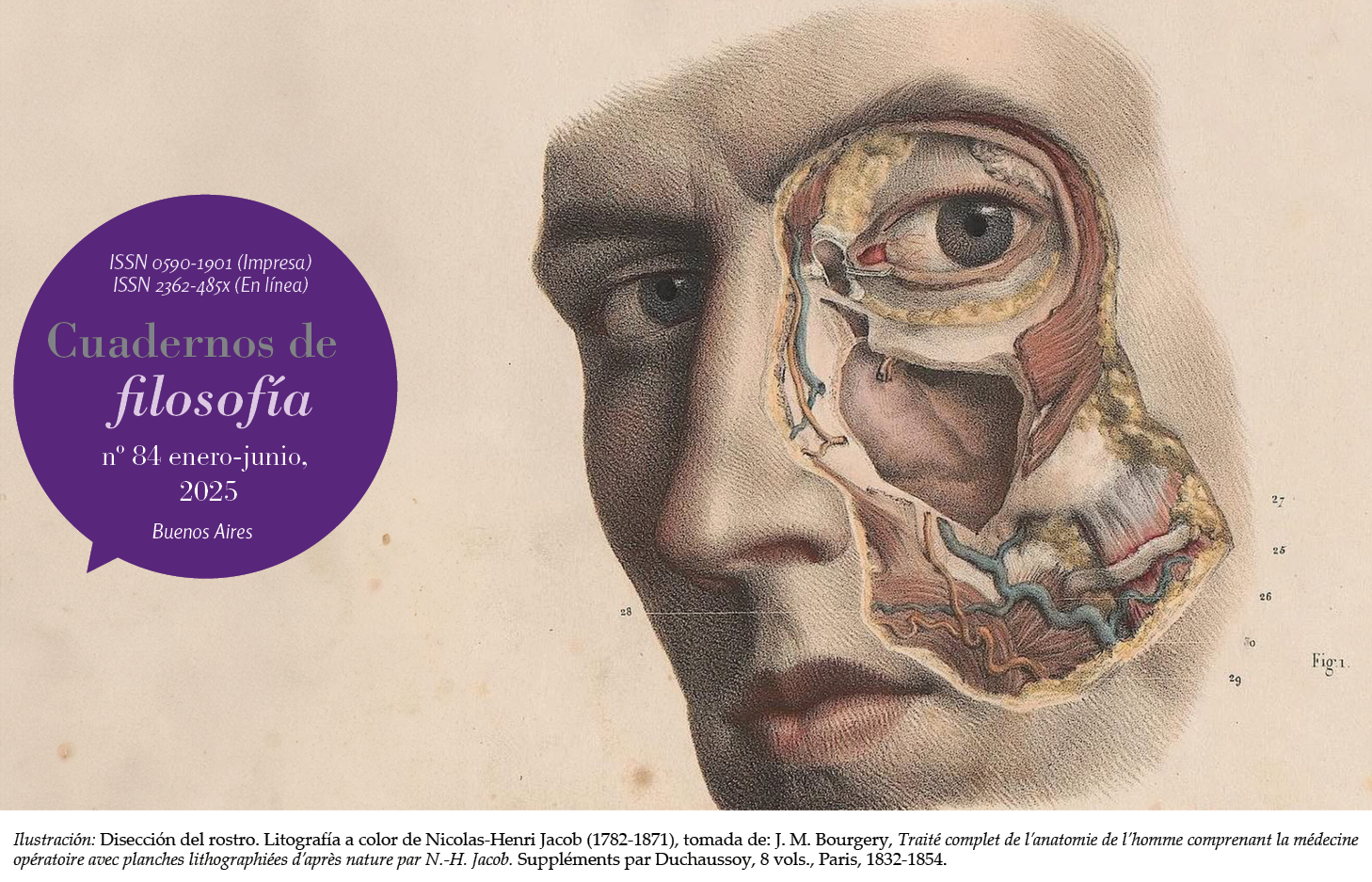La The Crooked Take of Gossip on the Hydraulic Metaphors of Communication and Knowledge
Abstract
When the source of information is unknown and it is not possible to clearly identify the senders, receivers or the channel of a message, we are facing gossip. Thus, this phenomenon problematizes two of the most popular hydraulic metaphors of knowledge and communication: the source metaphor and the channel metaphor. The first, thematized by Hans Kellner, argues that for knowledge to be legitimate, its source must be identified. The second, objected to by Roy Harris, states that communication is transmitted from the sender to the receiver through a direct channel, without detours. It can be argued that both are part of what has been called the myth of language: as in the case of gossip, knowledge is language-dependent and therefore self-instituted, and does not function by telementation from a sender to a receiver, but is interpreted and constructed by all parties involved. The permeability of the border between the illegitimate and the legitimate suggests a relationship of complementarity between gossip and knowledge, which ultimately leads to reflection on what gives value to the information available to speakers in their daily lives.Downloads
Los autores/as que publiquen en esta revista aceptan las siguientes condiciones:
Los/as autores/as [traductores/as] conservan los derechos de autor/a y ceden a la revista el derecho de la primera publicación, con el trabajo registrado con Licencia Creative Commons Atribución-NoComercial-CompartirIgual 4.0 Internacional, que permite a terceros utilizar lo publicado siempre que mencionen la autoría del trabajo y a la primera publicación en esta revista.
Los/as autores/as pueden realizar otros acuerdos contractuales independientes y adicionales para la distribución no exclusiva de la versión del artículo publicado en esta revista (p. ej., incluirlo en un repositorio institucional o publicarlo en un libro) siempre que indiquen claramente que el trabajo se publicó por primera vez en esta revista.
Se permite y recomienda a los/as autores/as a publicar su trabajo en Internet (por ejemplo en páginas institucionales o personales).
Políticas de detección de plagio
La colaboración de los y las editores/as, autores/as y evaluadores/as de esta revista y la guía de ética de los procesos editoriales se rige por los Principios de transparencia y buena práctica en publicaciones académicas del Committee on Publication Ethics (COPE) disponible aquí.
Todos los artículos enviados a esta publicación serán supervisados mediante una búsqueda online.







